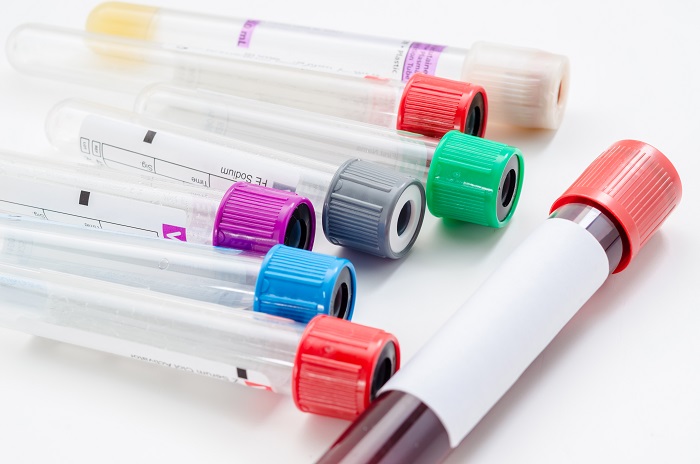This month marks National Pathology Week (5-11th November 2018) the annual celebration which highlights the important contribution pathology makes to healthcare.
Each year millions of pathology tests are carried out, many of which use solutions offered by HealthTrust Europe.
To mark National Pathology Week, here are five facts about pathology you may not know:
1. Do you know….? There are 18 different specialities in pathology including toxicology, cytogenetics, and clinical embryology. So, despite TV portrayals it’s not all about dead bodies, in fact forensic pathologists make up less than 1% of pathologists which is fewer than 100 people in the country. (Source: Royal College of Pathologists)
2. Do you know…? Seventy per cent of all diagnoses in hospital are supported by a pathologist. Pathology services are essential to the delivery of many of the national priorities and targets for the NHS. It is estimated that 70-80 per cent of all health care decisions affecting diagnosis or treatment involve a pathology investigation. Individuals’ treatment decisions, and the monitoring of their response to treatment, is often dependent on a range of pathology-based tests and investigations. (Source: Royal College of Pathologists)
3. Do You Know…? One billion tests are run in the UK each year in pathology labs at a cost of £2.2bn. One hundred and five hospitals in England provide pathology services and the largest provider is Barts NHS Trust which undertakes 26m tests a year. (Source: NHSI)
4. Do You Know…? There can be as many as nine steps in a blood test. HealthTrust Europe’s bespoke healthcare solutions cover the entire journey made by a test specimen which includes:
– a GP’s request for a sample to be taken;
– a phlebotomist taking a sample;
– transport from, for example, a GP’s surgery to a lab;
– specimen receipts to book in a sample;
– analysis of a sample;
– results produced;
– management of the sample’s journey and details via the Lab Information System (LIMS);
– validation by a clinical scientist; and finally
– results transmitted back to a GP.
5. Do You Know…? Pathology isn’t just lab based. It also includes Point of Care Testing (POCT) which refers to any medical test performed by a member of a healthcare team or a patient outside a hospital laboratory, for example, a glucose meter used in a GP surgery, a pregnancy test used in an Accident and Emergency department or a cholesterol test performed in a local pharmacy. HealthTrust Europe has a framework for POCT which offers handheld devices, bench-top devices, connected and non-connected devices, as well as consumables and other point of care or near-patient testing products.
HealthTrust Europe offers tailored solutions to relieve the pressure on healthcare providers and reduce diagnosis turnaround. To find out more you can download our framework briefs here.



